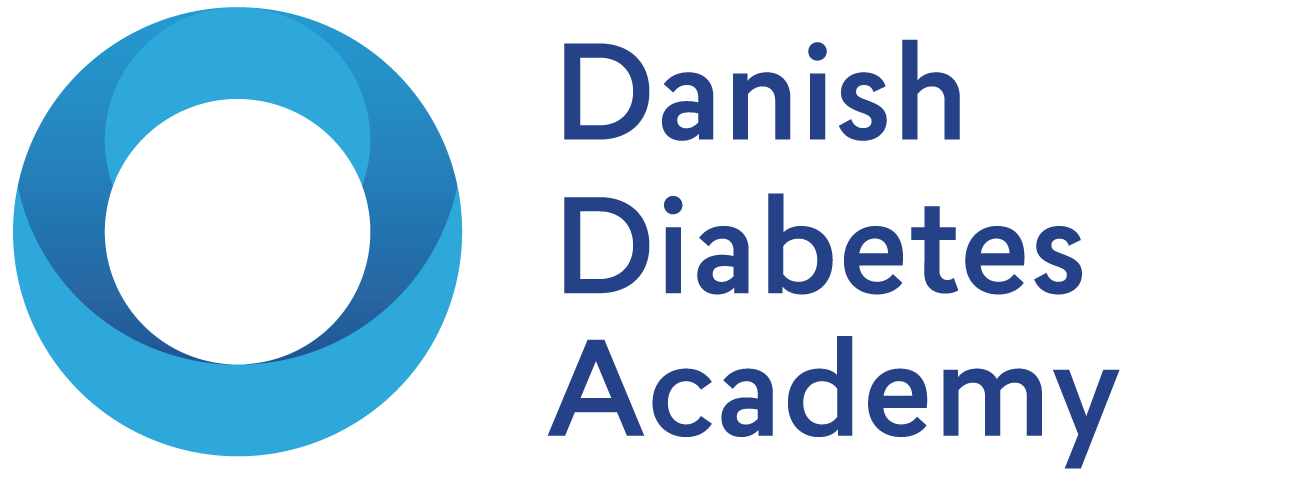Publishing your research output
Being open in your work
Luke Johnston


Outline
Outputs to publish
Benefits to open science
Publishing services and archives
Copyright and licensing
Challenges


Get credit for all your work!


Publish your:
Code!


Publish your:
Code!
Posters and slides!


Publish your:
Code!
Posters and slides!
Data!


Publish your:
Code!
Posters and slides!
Data!
Papers! (of course)


But why bother publishing anything other than research papers?
(besides getting credit for all aspects of your work...)


There are enormous benefits to being open!
- Sharing code and/or data:
- Pushes you to make things correct, understandable, organized
- Gets more visibility, potential collaborations [1]
- Better science with more transparency
- Your work doesn't rot away if you move elsewhere


There are enormous benefits to being open!
- Sharing code and/or data:
- Pushes you to make things correct, understandable, organized
- Gets more visibility, potential collaborations [1]
- Better science with more transparency
- Your work doesn't rot away if you move elsewhere
- Using preprints [2]:
- More impact to you and your career
- Sooner release of research, sooner on your CV
- More citations, visibility, scientific priority/precedence [3]
- Funders increasingly requesting it (e.g. Plan S from EU)
[1] See DOI: 10.1101/183814
[2] Preprints are articles on an archive that aren't peer reviewed
[3] See DOI: 10.7554/eLife.16800


Possible hosting services and archives to use
For code and code papers:
For data [1]:
For pre-registration of analysis [2]:
For posters, slides, papers:
[1] Depends on the field, which may have their own repositories. See this
list of repositories
to use. Also, make sure your data conforms to GDPR (pseudoanonymization,
anonymization) before sharing.
[2] Pre-registering makes science better: More null findings
from studies that pre-registered... which is a great thing!!


Question:
What does "high impact journal" mean to you?


Question:
Why does academia have a fascination with "high impact" journals?
Is our obsession healthy, scientific, moral, or ethical?


Question:
How many have published something and signed their copyright over to the journal?
Anyone think that's... weird or wrong?
Journals don't need to do that. There is nothing legally necessary for them to take your copyrighted work.


Licensing
Make sure to consider licensing and copyright for maximum impact
Posters, slides, manuscripts: CC-BY [1]
Data [2]: CC0 or Open Data Commons
[1] As best you can, don't give away the copyright of your research and work
to journals! Lots of great journals out there that don't do that.
[2] See the Open Science Framework on licensing data.


But, there are many challenges
- Mostly cultural pushback
- Traditional scientists may not understand
- Fear of "scooping", no strong incentives (yet)
- Lots of new things to learn


But, there are many challenges
- Mostly cultural pushback
- Traditional scientists may not understand
- Fear of "scooping", no strong incentives (yet)
- Lots of new things to learn
- Lack of awareness that data and code are foundation of good science...
- Not the publication, the findings, or journal "impact factor"
- Awareness even less for code


But, there are many challenges
- Mostly cultural pushback
- Traditional scientists may not understand
- Fear of "scooping", no strong incentives (yet)
- Lots of new things to learn
- Lack of awareness that data and code are foundation of good science...
- Not the publication, the findings, or journal "impact factor"
- Awareness even less for code
- It's hard to do open and reproducible science
- Those who do open data and are rigorous about it, but don't share code, only 35% were easily reproducible


But, there are many challenges
- Mostly cultural pushback
- Traditional scientists may not understand
- Fear of "scooping", no strong incentives (yet)
- Lots of new things to learn
- Lack of awareness that data and code are foundation of good science...
- Not the publication, the findings, or journal "impact factor"
- Awareness even less for code
- It's hard to do open and reproducible science
- Those who do open data and are rigorous about it, but don't share code, only 35% were easily reproducible
- What really is stopping you?
- 50-80% of PhD and post-docs move into industry [1]
- Being open and showing your work can only help!


But, there are many challenges
- Mostly cultural pushback
- Traditional scientists may not understand
- Fear of "scooping", no strong incentives (yet)
- Lots of new things to learn
- Lack of awareness that data and code are foundation of good science...
- Not the publication, the findings, or journal "impact factor"
- Awareness even less for code
- It's hard to do open and reproducible science
- Those who do open data and are rigorous about it, but don't share code, only 35% were easily reproducible
- What really is stopping you?
- 50-80% of PhD and post-docs move into industry [1]
- Being open and showing your work can only help!
But, the key is that this is the future of science